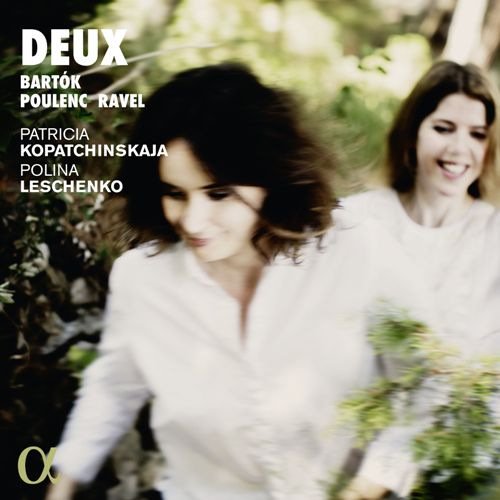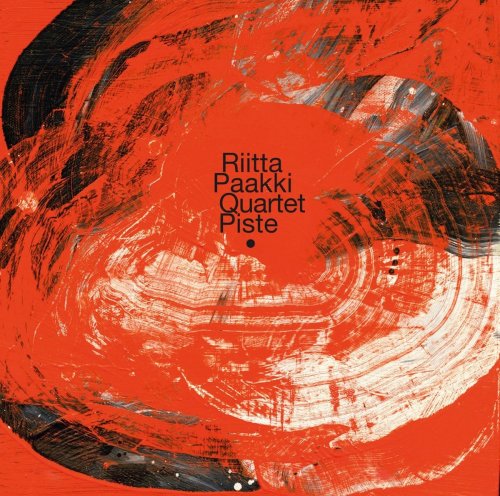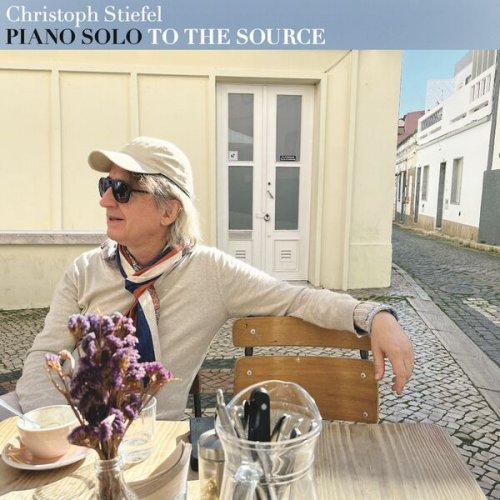Patricia Kopatchinskaja, Polina Leschenko - Bartók, Poulenc, Ravel: Works for Violin & Piano (2017) CD-Rip

Artist: Patricia Kopatchinskaja, Polina Leschenko
Title: Bartók, Poulenc, Ravel: Works for Violin & Piano
Year Of Release: 2017
Label: Alpha
Genre: Classical
Quality: FLAC (image+.cue,log,scans)
Total Time: 52:54
Total Size: 223 Mb
WebSite: Album Preview
Tracklist: Title: Bartók, Poulenc, Ravel: Works for Violin & Piano
Year Of Release: 2017
Label: Alpha
Genre: Classical
Quality: FLAC (image+.cue,log,scans)
Total Time: 52:54
Total Size: 223 Mb
WebSite: Album Preview
Francis Poulenc
[1]-[3] Violin Sonata, FP119
Ernst von Dohnányi
[4] Waltz from 'Coppélia' (Léo Delibes)
Béla Bartók
[5]-[6] Violin Sonata No.2, Sz.76
Maurice Ravel
[7] Tzigane, M.76
Performers:
Patricia Kopatchinskaja violin
Polina Leschenko piano
For her third album on Alpha, Patricia Kopatchinskaja is joined by a highly talented pianist whose approach to music is as extremist as hers, Polina Leschenko. Together they explore pieces that have many points in common. The Hungarian violinist Jelly dAranyi, grandniece of Joseph Joachim, was a muse to both Bartok and Ravel. In 1922 and 1923, she premiered the two Bartok sonatas for violin and piano and Ravel dedicated Tzigane to her. He wrote to Bartok: You have convinced me to compose for our friend, who plays so fluently, a little piece whose diabolical difficulty will bring to life the Hungary of my dreams; and since it will be for violin, why dont we call it Tzigane? Of course, Tzigane by Patricia Kopatchinskaja, who has been playing and dancing this music since her childhood in Moldova, does not sound like salon music . . . After a much-feted recital at Wigmore Hall in 2017, the Financial Times wrote: In another life, Patricia Kopatchinskaja might have been a rock star. This is a violinist who loves taking risks . . . But the final reward was worth waiting for: a denouement of astonishing force. Debussys Sonata, with its Arab and Javanese influences, completes this voyage, along with a piece for piano solo by Dohnanyi, the Valse Coppelia after Leo Delibes, another symbol of the relations between France and Hungary.



![NYO Jazz - Live in Johannesburg (Live) (2025) [Hi-Res] NYO Jazz - Live in Johannesburg (Live) (2025) [Hi-Res]](https://www.dibpic.com/uploads/posts/2025-12/1765894703_zwp14vk90corb_600.jpg)

![Zamballarana - Sirena (2025) [Hi-Res] Zamballarana - Sirena (2025) [Hi-Res]](https://www.dibpic.com/uploads/posts/2025-12/1765620486_bhmusoyvnhizd_600.jpg)


![Tomasz Stanko, Polskie Radio - Piece for Diana and Other Ballads (Polish Radio Sessions vol. 1/6) (2025) [Hi-Res] Tomasz Stanko, Polskie Radio - Piece for Diana and Other Ballads (Polish Radio Sessions vol. 1/6) (2025) [Hi-Res]](https://www.dibpic.com/uploads/posts/2025-12/1765797073_cover.jpg)